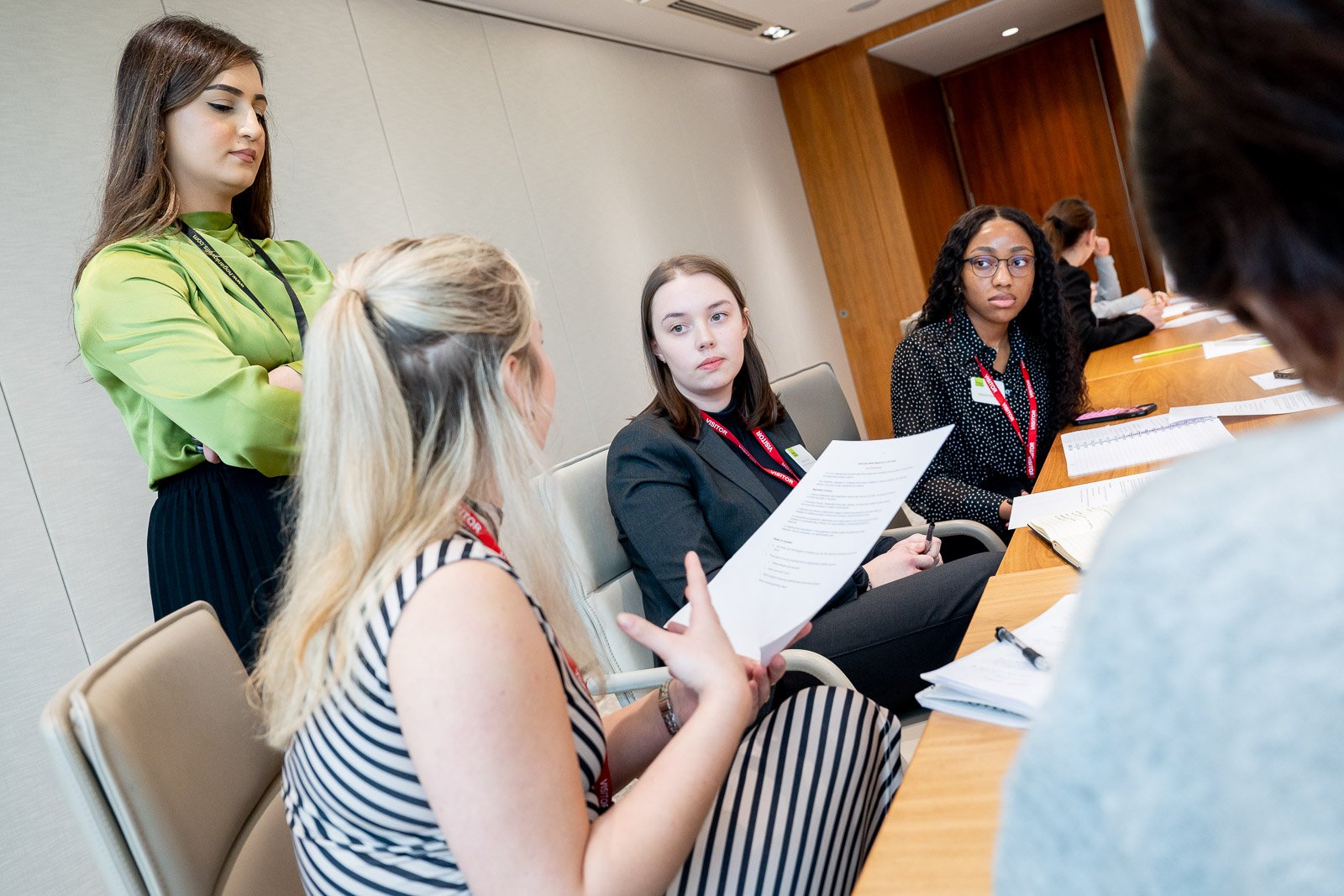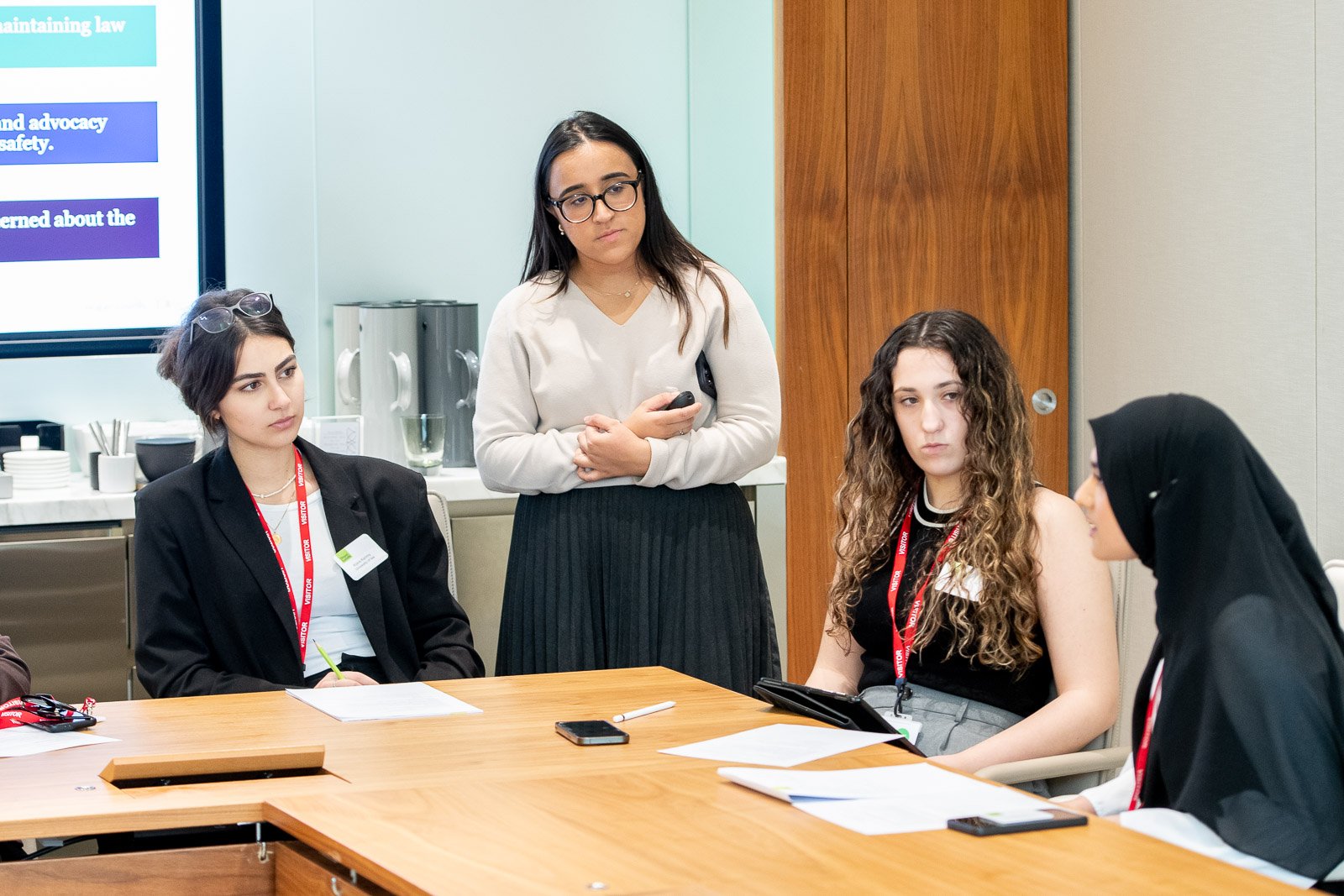Negotiating:
As a girl human rights advocate, developing strong negotiation skills is essential for effectively advocating for the rights of others and promoting positive change. Negotiation skills involve the ability to communicate effectively, identify common ground, and find creative solutions to complex problems. Here are some key strategies for developing your negotiation skills:
Know Your Goals
The first step in effective negotiation is knowing your goals. What do you want to achieve, and what are your priorities? Understanding your goals and priorities will help you stay focused during negotiations and avoid getting sidetracked by unimportant details.
Do Your Research
Before entering into negotiations, it's important to do your research. This means understanding the issues at hand, as well as the other party's interests and goals. Researching the other party's perspective will help you identify areas of common ground and find solutions that meet both your needs.
Listen Carefully
Effective negotiation requires active listening. This means listening carefully to the other party's perspective and asking questions to clarify their interests and goals. By understanding the other party's perspective, you can find common ground and identify potential solutions that meet both parties' needs.
Communicate Effectively
Effective communication is essential for successful negotiation. This means expressing your interests and goals clearly and persuasively, while also being receptive to the other party's perspective. Use active listening skills and ask questions to ensure that you understand the other party's needs and interests.
Be Creative
Negotiation often requires creative thinking and problem-solving. Be open to exploring new ideas and solutions, and be willing to compromise on less important issues in order to achieve your primary goals. By thinking creatively, you can often find solutions that meet both parties' needs.
Be Willing to Walk Away
Sometimes, negotiations will not result in an acceptable solution. In these cases, it's important to be willing to walk away from the negotiating table. This doesn't mean giving up on your goals, but rather recognizing when a particular negotiation is not likely to be successful.
Build Relationships
Building relationships is an important part of effective negotiation. By fostering positive relationships with the other party, you can establish a foundation of trust and respect that will make negotiations more productive. Focus on finding common ground and building rapport, rather than solely on achieving your goals.
Practice
Finally, like any skill, negotiation requires practice. Look for opportunities to negotiate in your daily life, such as discussing curfew with your parents or negotiating with a teacher over a grade. By practicing negotiation in a variety of contexts, you can develop your skills and become more effective at advocating for the rights of others.



